9 Side Effects Of Spirulina
Keep an eye on your spirulina intake; too much may be more damaging than beneficial.
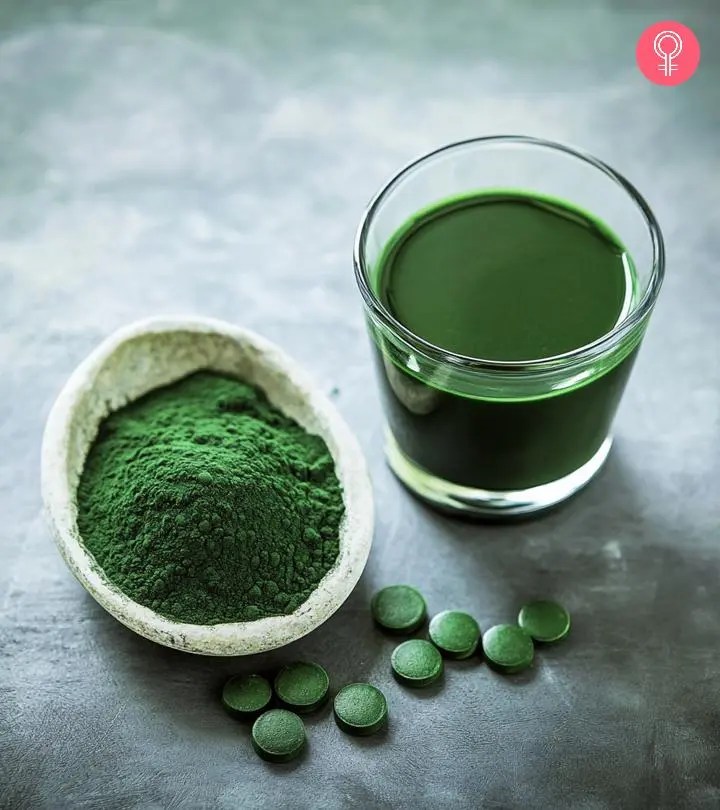
Image: Midjourney/ StyleCraze Design Team
Spirulina, the free-flowing microalgae that grow in water bodies, is a rich source of nutrients and has been consumed in Central Africa for centuries. But, here’s the big question – are there any side effects of spirulina?
Spirulina is consumed orally and is available in flake, powder, or tablet form. The powder and flakes are also usually mixed in smoothies and fruit juices.
 Know The Flip Side: Spirulina
Know The Flip Side: SpirulinaShort-Term Effects
Digestive discomforts such as flatulence, nausea, abdominal cramps, and gastric issues such as indigestion.
Long-Term Effects
Excessive consumption might aggravate symptoms of autoimmune diseases like asthma and anemia as well as induce metal toxicity.
Drug Interactions
May interfere with drugs such as immunosuppressants.
When To See A Doctor
If you develop severe stomach pain, yellowness in the eyes, or experience persistent vomiting, seek medical help immediately.
This healthy food can, in fact, be dangerous to your health if not consumed in controlled quantities. This article explores the nine surprising adverse effects of excess spirulina intake. Take a look!
 Did You Know?
Did You Know?In This Article
What Is Spirulina?
Spirulina is a nutrient-rich blue-green alga with a microscopic spiral shape. It is considered a superfood due to its exceptional nutritional content. It is high in protein and provides all essential amino acids, making it an excellent plant-based protein source. Spirulina also contains essential vitamins, including B12, and minerals like iron and magnesium. It’s rich in antioxidants, particularly phycocyanin, that may combat oxidative stress and inflammation. Some believe that it even boosts the immune system, helps with allergies, and aids detoxification due to its chlorophyll content. However, it has a strong taste that may not suit everyone and you should consult a healthcare professional before adding it to your diet to avoid any possible side effects.
Key Takeaways
- Spirulina is a microalgae that can have serious side effects with symptoms including itching and swelling.
- It can cause digestive problems, such as bloating and cramps and can worsen pre-existing thyroid conditions.
- It often causes heavy metal poisoning as it is generally contaminated.
- This microalgae suppresses the immune system.
Infographic: How To Deal With Side Effects Of Spirulina

Illustration: StyleCraze Design Team
What Are The Potential Side Effects Of Spirulina?
1. Worsens Phenylketonuria
Phenylketonuria is a genetically acquired disorder in which the patient cannot metabolize the amino acid called phenylalanine due to the lack of an enzyme called phenylalanine hydroxylase.
The patient exhibits symptoms like delayed development, convulsions, hyperactivity, and analytical disability. Unfortunately, spirulina is a rich source of phenylalanine.
Consuming spirulina aggravates the symptoms of phenylketonuria.
2. Exacerbates The Symptoms Of Autoimmune Diseases

An autoimmune disease develops when the immune system attacks the healthy tissues in your body, causing organ damage and inflammation.
Arthritis, asthma, periodontitisi A common but serious gum infection that, if left untreated, may lead to the loss of teeth and damage to the jaw bone. , vitiligo, type 2 diabetes, multiple sclerosisi A chronic condition that damages the protective covering of the nerve fibers, disrupting communication between the brain and the body parts. , psoriasis, and pernicious anemiai An autoimmune condition where the body cannot absorb vitamin B12, leading to a drop in red blood cells. are a few examples of autoimmune diseases.
Spirulina is, after all, a foreign body. When you consume it, the body overreacts and amplifies the activity of the immune system. This exacerbates the symptoms of a pre-existing disease or gives rise to severe inflammation A study published in the journal Archives of Dermatology highlighted the potential risks of using herbal supplements with immunostimulatory properties in people with autoimmune conditions. It described three cases where patients experienced autoimmune disease flares or onset after taking supplements like Echinacea and Spirulina platensis. One patient with a genetic predisposition (a TNF-alpha promoter polymorphism) developed severe dermatomyositis shortly after taking a supplement containing Spirulina. These findings suggest that such supplements may worsen autoimmune disorders or trigger them in genetically susceptible individuals, possibly due to increased TNF-alpha production. However, further research is needed to understand the mechanisms (1).
3. Interferes With Drug Action

Spirulina is an irritant to your immune system. It can interfere with drugs, especially immunosuppressantsi A group of drugs or agents that can suppress the body's immune system and slow down immune responses. .
A person on immunosuppressant medication must not consume spirulina. Else, it will diminish the effect of the medication, resulting in serious complications.
4. Risk Of Heavy Metal Toxicity
Certain varieties of spirulina that are produced under unrestrained settings are often infested with significant traces of heavy metals, such as mercury, cadmium, arsenic, and lead.
Prolonged consumption of spirulina that comes from such undependable sources results in damage to your vital organs, such as the kidneys and liver.
Compared to adults, children are at a higher risk of developing fatal complications due to heavy metal poisoning from contaminated spirulina.
Make sure to check where your spirulina is sourced from.
5. Renal Disorders
Our body produces a significant amount of ammonia as it metabolizes the protein in spirulina, which gets converted into urea.
This puts excessive pressure on the kidneys to flush out such a large amount of urea from the blood, ultimately resulting in decreased efficiency of the kidneys and even renal failure.
Some people tend to develop kidney stones due to such high concentrations of urea in the renal system.
6. Triggers Edema And Body Weight Fluctuation

Spirulina is packed with vitamins, proteins, and minerals. People with compromised renal function would be unable to expel the unnecessary components from their bloodstream.
One of the most abundant minerals found in spirulina is iodine. While on the one hand, it is good to take in iodine via spirulina, on the other hand, it could affect your thyroid and parathyroid glands. The effects are more pronounced in people with hyperparathyroidismi A condition where the body has elevated parathyroid hormone levels, causing high calcium levels in the blood, which affects bone health. .
The build-up of excessive nutrients, along with iodine, in the blood leads to fluid retention (edema) in your limbs, imbalance in calcium, phosphate, and iodine absorption, and sudden weight gain or loss, lethargy, and cardiovascular diseases.
7. Digestive Discomfort And Nausea

Consuming spirulina can lead to flatulence, causing abdominal pain, cramps, nausea, and anaphylaxisi Quick and chronic allergic reactions triggered by an allergen. It requires prompt medical care as it is life-threatening. – especially in people consuming it for the first time A case study described a 17-year-old who experienced anaphylaxis after ingesting a Spirulina tablet. Skin prick tests confirmed Spirulina platensis algae as the allergen, while other tablet components like silicon dioxide and magnesium stearate were ruled out. This highlights the need for allergenicity risk assessments, especially as Spirulina’s use as a food supplement and sustainable protein source increases (2).
Spirulina varieties infested with contaminants, such as microcystins (toxins produced by blue-green algae), also give rise to serious gastric ailments like acute dehydration and indigestion.
8. Could Cause Anxiety And Motor Neuron Disease (MND)
Spirulina harvested from the unrestrained wild sources, such as lakes, ponds, and littered seas, contain toxic strains.
Such morphologically similar blue-green algae produce neurotoxic chemicals like β-methylamino-L-alanine, or BMAA, which could cause severe neurodegenerative disorders like motor neuron disease (MND), amyotrophic lateral sclerosis (ALS), Alzheimer’s, Parkinson’s, dementia, anxiety, and sleepless nights (insomnia) followed by headaches and dizziness (3).
9. Risk For Pregnant And Breastfeeding Women

The safety of spirulina for pregnant and nursing women is not well explored. Hence, it is recommended that pregnant or nursing women avoid taking spirulina or remain under strict medical surveillance while doing so.
Infants and children should be kept away from such supplements because they quickly develop allergies, skin rashes and fatal cross-reactions.
Paul Brook, a blogger, shares the comical and unpleasant experience of trying spirulina, describing its slimy texture, putrid taste, and explosive reaction, ultimately deciding to abandon it due to its revolting nature. He writes, “On contact with my mouth, the powder seemed to expand and fill my mouth, so I could hardly breathe (i).”
 Quick Tip
Quick TipIn Short…
Though algae like spirulina are highly beneficial to our body, having it in the right dose matters.
Not only the dosage, but the source from which you obtain such supplements also has a significant effect on your health. It is important to know
- the biochemical composition (co-existing microbes)
- what kind of exhaust gets into these waters
- whether the effluents are treated before discharge
- the health of the local community
- how the QC (quality control) of the source waterbody is done
To reap the maximum benefits of spirulina, you need to inquire about such details to avoid the deadly side effects listed here.
Choose trusted brands with third-party testing for safety and purity. Begin with a low dose (e.g., 1 gram) and gradually increase to your desired amount. Closely monitor how your body reacts to it – pay attention to unusual symptoms and discontinue use if necessary. Drink plenty of water to aid detoxification and minimize side effects. Always consult a healthcare provider before starting Spirulina, especially if you have pre-existing conditions or are on medications.
If you experience severe symptoms like difficulty breathing, chest pain, or persistent gastrointestinal distress after consuming Spirulina, seek medical attention immediately. For mild reactions, consult a doctor for personalized advice on continuing or modifying your Spirulina intake.
Remember always to keep your physician informed about the dosage and the way your body reacts to spirulina. In case you notice any of the symptoms we have discussed, refrain from taking spirulina and visit your doctor immediately.
Spirulina is a healthy dietary supplement currently gaining popularity. However, if the dosage isn’t right and the supplement source isn’t regulated or certified, or if it contains impurities, then spirulina may cause side effects. The side effects of spirulina may range from aggravating autoimmune disorders to causing nausea and abdominal discomfort. It may also exacerbate medical conditions such as phenylketonuria, renal problems, or neurological disorders. In some cases, spirulina can cause allergic reactions or interfere with the functioning of certain immunosuppressant medications. Limiting or avoiding its consumption can help avoid these complications.
Did you find this article helpful and informative? Please share your comments, feedback, and suggestions in the box below.
Share this article and spread the word!
Frequently Asked Questions
Is spirulina the same as chlorella?
Eva De Angelis, Dietitian Nutritionist, says, “No. While both are popular supplements, they are different types of algae. Spirulina, for example, is a saltwater blueish-green algae with high calcium, iron, copper, and protein content. Chlorella, on the other hand, is a freshwater green algae that are higher in omega-3 fatty acids, vitamin A, magnesium, and zinc. Both contain high antioxidants, which may benefit heart and brain health.” Hence, in the debate between chlorella vs spirulina, it’s clear that each offers unique nutritional benefits, making them distinct choices depending on individual health needs.
What medications should not be taken with spirulina?
According to De Angelis, “Spirulina may interact with immune-suppressing medications. Yet, there is still insufficient evidence about the specific interactions and their severity.”
Can spirulina affect hormones?
“As spirulina is an excellent supplement for liver function, it can help with hormone metabolism, particularly in women. It’s also high in hormone-balancing nutrients like calcium, magnesium, and potassium,” says De Angelis.
Is spirulina safe to take every day?
Yes, it is safe to take spirulina every day. However, 5- 8 grams is considered to be a safe daily dosage. If consumed in high amounts, it may cause some side effects.
Can spirulina cause liver damage?
Consuming spirulina in limited amounts may not cause any liver damage. However, if consumed in high amounts, it may negatively affect your liver health.
How many times a day should you take spirulina?
Spirulina can be taken 2 to 3 times a day. However, the overall dosage should not exceed 8 grams.
Does spirulina make you poop?
Spirulina has cleansing properties that can effectively remove accumulated waste products from the colon. Thus, it may make you poop.
Can spirulina make you put on weight?
No, spirulina does not cause weight gain as it is very low in calories. A tablespoon of dried spirulina has only 20 calories.
Illustration: Shocking Side Effects Of Spirulina
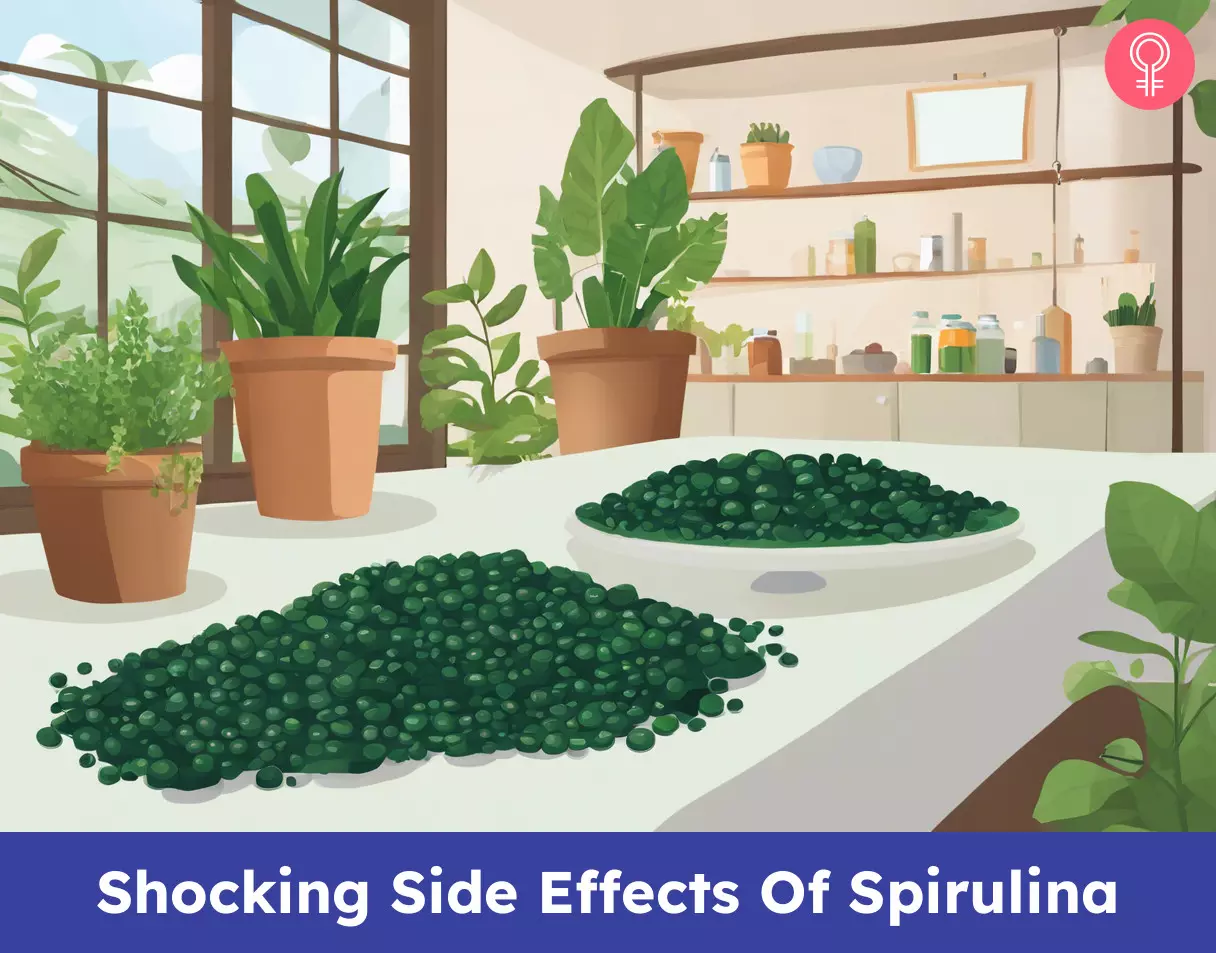
Image: Stable Diffusion/StyleCraze Design Team
References
Articles on StyleCraze are backed by verified information from peer-reviewed and academic research papers, reputed organizations, research institutions, and medical associations to ensure accuracy and relevance. Read our editorial policy to learn more.
- Activation of autoimmunity following use of immunostimulatory herbal supplements.
Archives of Dermatology, US National Library of Medicine, National Institutes of Health.
https://pubmed.ncbi.nlm.nih.gov/15210464/ - Anaphylaxis to Spirulina confirmed by skin prick test with ingredients of Spirulina tablets, Food and Chemical Toxicology, Elsevier.
https://www.sciencedirect.com/science/article/pii/S0278691514004530 - Potential Environmental Factors in Amyotrophic Lateral Sclerosis, Neurologic Clinics, US National Library of Medicine, National Institutes of Health.
https://www.ncbi.nlm.nih.gov/pmc/articles/PMC4646848/
Read full bio of Sarah Spann
- Eva De Angelis is a Dietitian Nutrionist from Argentina. She specializes in food and nutrition education, and healthy cooking. She has a Bachelor’s degree in Human Nutrition and Dietetics from ISalud University, a postgraduate certificate in Nutrition, Gastronomy, and Health, a culinary diploma, and an intermediate-level technical degree in Food Science.
 Eva De Angelis is a Dietitian Nutrionist from Argentina. She specializes in food and nutrition education, and healthy cooking. She has a Bachelor’s degree in Human Nutrition and Dietetics from ISalud University, a postgraduate certificate in Nutrition, Gastronomy, and Health, a culinary diploma, and an intermediate-level technical degree in Food Science.
Eva De Angelis is a Dietitian Nutrionist from Argentina. She specializes in food and nutrition education, and healthy cooking. She has a Bachelor’s degree in Human Nutrition and Dietetics from ISalud University, a postgraduate certificate in Nutrition, Gastronomy, and Health, a culinary diploma, and an intermediate-level technical degree in Food Science.
Read full bio of Swathi Handoo
Read full bio of Ravi Teja Tadimalla
Read full bio of Himanshi Mahajan






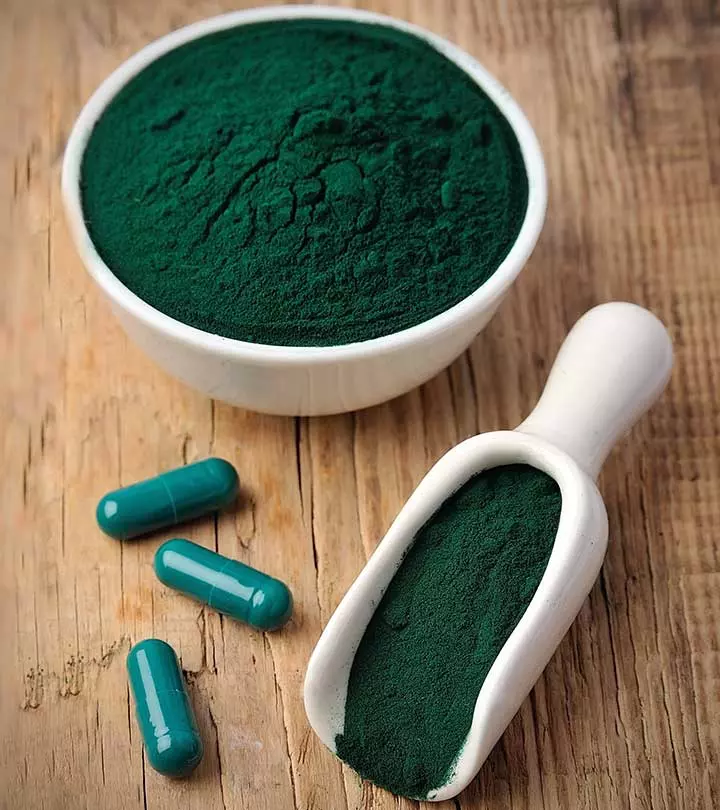
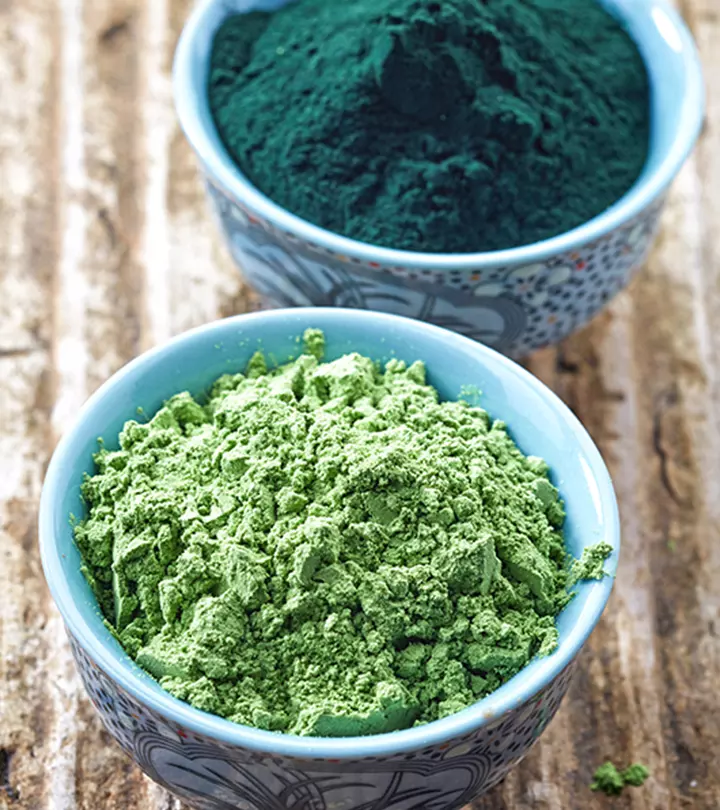




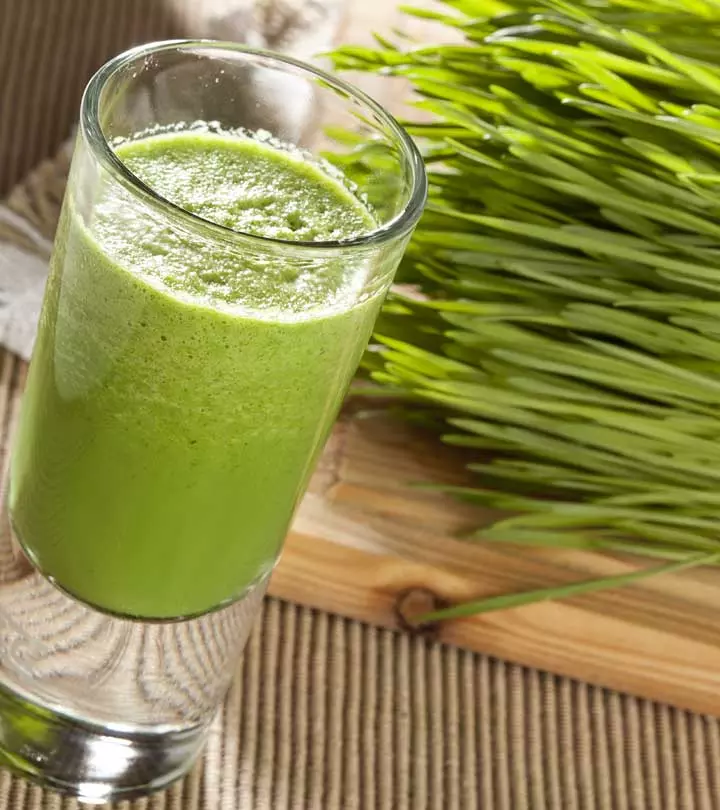

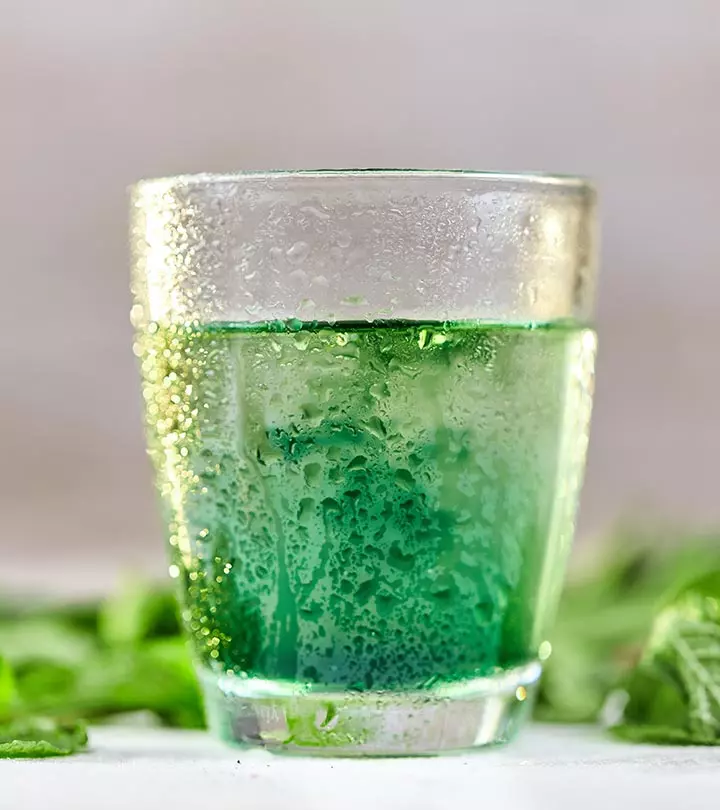












Community Experiences
Join the conversation and become a part of our empowering community! Share your stories, experiences, and insights to connect with other beauty, lifestyle, and health enthusiasts.